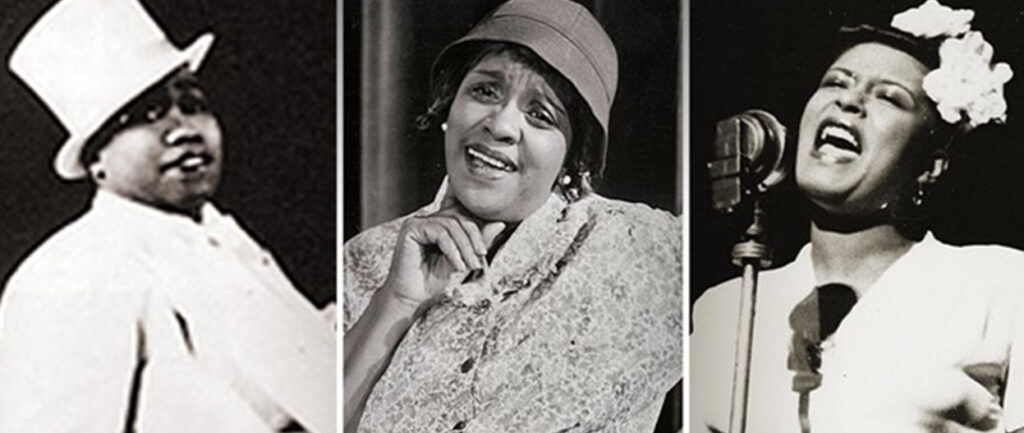
The Great Migration brought about a flourishing of African American culture in urban areas, with Harlem emerging as a hub for artistic expression through music, poetry, and literature.
The 1920s marked a significant period in US history, with the Prohibition Era leading to a proliferation of speakeasies, bootleg alcohol, illegal gambling, and gang violence. During this time, queer African Americans like Bentley found a place in the entertainment industry.
Bentley’s unique interpretation of popular songs and deep voice made her an instant sensation, and she soon became a headlining performer in various clubs, including the infamous speakeasy, The Clam House.
Despite facing challenges related to her gender identity, Bentley continued to evolve her performance style to suit the times. Eventually, making her sole television appearance on Groucho Marx’s “You Bet Your Life” Comedy Show.
She would later denounce her lesbianism in an article in Ebony magazine in 1952 titled, “I am A Woman Again,” stating that she received hormone treatment and married a man.
Bentley’s legacy is a testament to the power of perseverance and adaptation, as she continued to thrive in the face of societal pressures and adversity.
